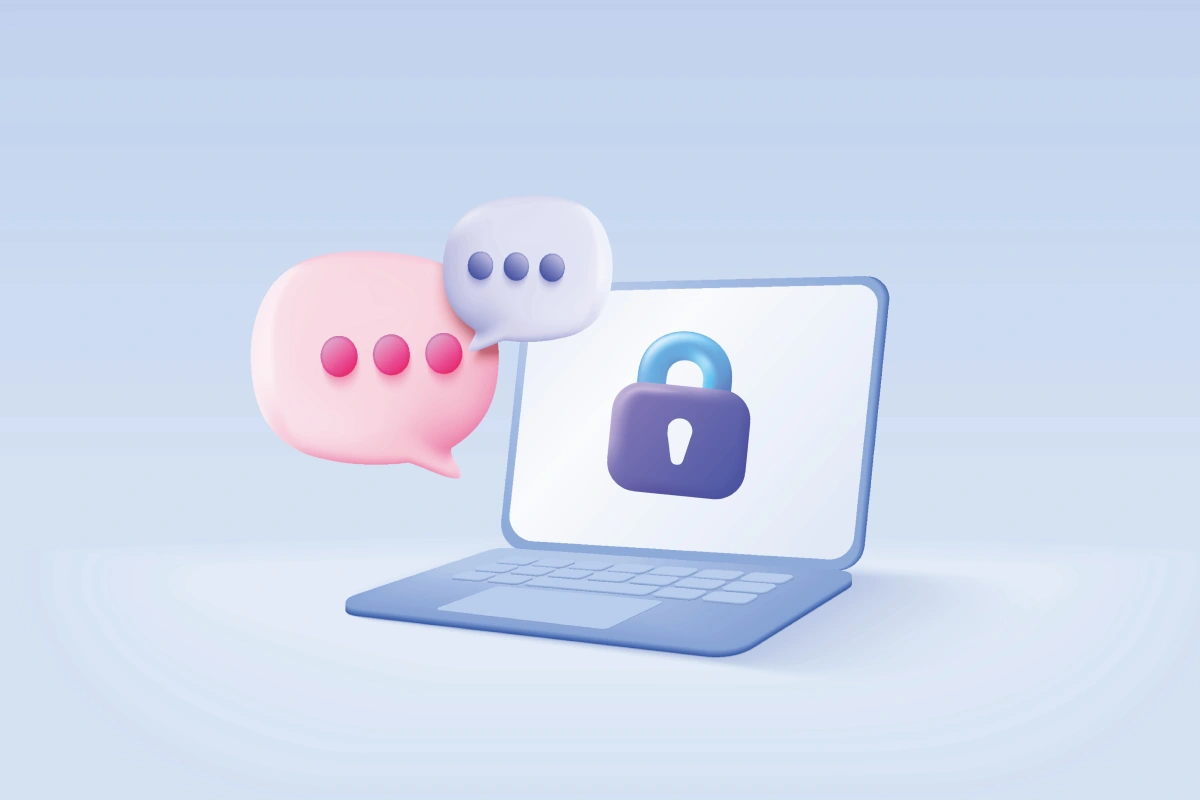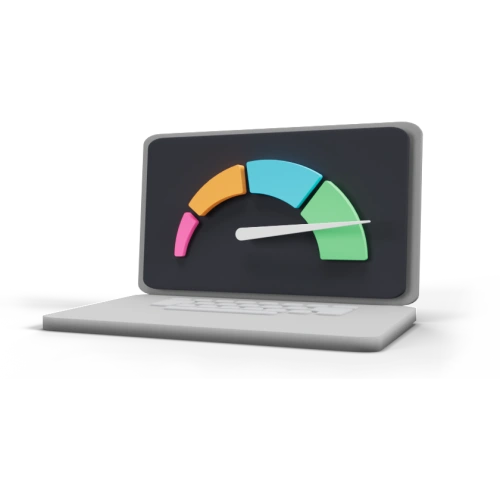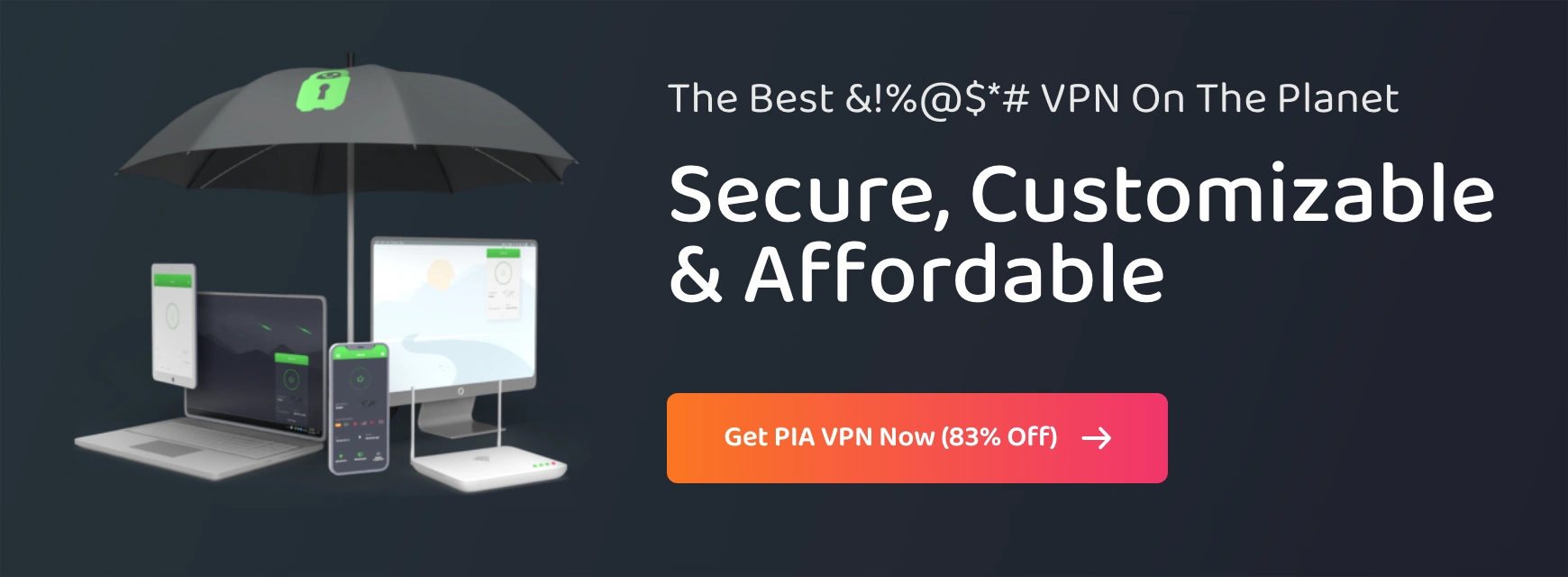Linux Vs. Windows: Which Is More Secure?

The Linux vs Windows debate has been raging for decades, with security being a major focus. Linux zealots are quick with one-liners like “In a world without walls, who needs Gates or Windows?” That may get a chuckle, but is Linux really that much more secure than Windows?
The short answer is, yes, Linux is more secure. But that doesn’t mean Linux is bulletproof, or that Windows is entirely defenseless – it’s a little more nuanced than that. In this post, we’ll take a look at how the two operating systems compare, especially when it comes to security. But first, let’s cover some basic terms.
Table of Contents
What Is an Operating System?

An operating system or OS manages your computer’s software and hardware, memory, and processing power. It helps you execute tasks and makes sure each piece of hardware or software has enough resources to function.
A graphical operating system is an OS with a graphical user interface or GUI. A GUI helps you interact with the software through your mouse, trackpad, and keyboard.
What Is Windows?
Microsoft Windows is a graphical operating system for personal computers first released in 1985. Nowadays, Windows enjoys a 73% market share, making it the most used desktop operating system. This is largely due to how easy it is to use and because it supports a wide range of software applications and AAA games.
What Is Linux?
Linux is a family of free, open-source, community-developed operating systems for servers, computers, mainframes, and mobile devices. It was created by Linus Torvalds in 1991 and today has a desktop market share of just under 4%.
While it’s far from the most popular desktop operating system, it’s favored on older, slower machines because it is so fast and stable. Also, most physical and virtual servers run Linux. Even Microsoft uses Linux for some of its cloud services, which says a lot.
As it’s open source, Linux code is publicly available, meaning anyone can create a new operating system based on it. Today there are over 600 different Linux distributions, with Ubuntu, Fedora, Mint, Manjaro, and MX Linux among the most popular.
Whatever your OS of choice, Private Internet Access has got you covered. You can download a native PIA VPN for Windows, Mac, Linux, Android, and iOS. PIA VPN secures your traffic in seconds to boost your online privacy and security. Better still, you can secure as many devices as you like with just one subscription.
Why Is Linux More Secure than Windows?
Linux has stronger security because of its inherent design and its far smaller user base. Without getting too technical, here are the six main factors that make Linux more secure than Windows.
Permissions

Permissions refer to the access rights users enjoy.
Windows gives both you and the files you download full administrator access by default. That means software can make big changes to your system without your permission.
Picture this: You mistakenly click on a malicious link and it installs a virus onto your PC. Windows didn’t ask you to confirm your admin password before installing it, and now your device is infected.
Linux is different. Before you can install software or make changes to the operating system, you need to enter a root password. This means if your Linux system is infected with a virus, you’ll get a heads-up. This makes it easier to isolate and remove dangerous files before they can do any damage.
Note: If you’re on a Windows computer, you can change your permission settings to make your Windows OS more secure. This ensures you’ll need to enter your password before a script or a program can do something system-wide. You can also use an anti-malware to keep your device protected, and a VPN to encrypt your traffic.
Open Source

Open source code is available for anyone to view, analyze, and debug. It leverages Linus’s Law which states, “Given enough eyeballs, all bugs are shallow.”
An open-source project like Linux involves a massive community of developers volunteering their time and skills to make the source code better and more secure.
Over 13,500 developers have contributed to the Linux kernel since 2005, according to the Linux Foundation. Coders from around the world do it for love, finding vulnerabilities, working on fixes, and making these changes available to everyone for free.
In contrast, only Windows employees work on Windows’ code, so they can never compete with the security-patching power of Linux’s untold armies.
PIA also believes in the power of the crowd and is one of the few open-source VPNs available. We aim for full transparency about how we operate, so we’ve made our source code publicly available for anyone to scrutinize.
Software Installations
When you want to install software on a Windows PC, you need to find and download an installation file somewhere online. It can be difficult to verify the credibility of the software because it comes from a variety of sources, not all of whom can be trusted.
On the other hand, Linux uses a tool called a package manager to help you find and install software from only reputable community-managed repositories. That way you’re far less likely to encounter sketchy files.
Microsoft tried to introduce something similar when it released Windows Store, but it failed to gain traction among users, mostly because it featured so few of their favorite apps.
Updates
Windows and Linux both require you to update your system and apps regularly. If you neglect to do this, your computer could become susceptible to cyber attacks. While Windows makes you tackle these updates individually, Linux lets you do all of your updates using a single command within the terminal.
Also, Windows often requires you to reboot your system after updating a program, so if you’re like me, you’re likely to postpone an update to avoid the interruption. Linux rarely requires you to reboot your PC after an update, which means you’re less likely to postpone or neglect updates, and your security naturally improves.
User Base
Linux is more secure because it’s so obscure. Cybercriminals tend to target Windows machines. After all, with far more users to exploit, it’s more profitable. Also, Linux is difficult to target accurately because it comes in so many different distributions.

Privacy
Linux gives you far more data privacy by default, whereas Windows sends a ton of information about you and your PC back to Microsoft. If you want to increase your privacy on Windows, you have to navigate a complex maze of settings to opt out of various forms of data collection. While Linux distros like Canonical have recently started to collect some user data, it’s usually easy enough to disable this feature.
Will Windows Ever Catch Up?
Linux has long been hailed as the more secure of the two OSs, but some believe Windows is catching up. Windows Defender’s improved reputation for blocking viruses, Trojans, and other malicious software is a good sign. But even so, Windows has a deeply embedded design flaw keeping it from catching up to Linux. It was invented for personal computing before the advent of the internet, so it lacks the fundamental security infrastructure needed for today’s network-based computing.
Linux was developed first and foremost for networking, meaning it has network security thinking baked into its genetic makeup. While Windows has come a long way, it could have to rewrite its code from the ground up if it truly wants to compete.
A Note on Performance

Aside from security, Linux distros also outperform Windows when it comes to speed. That’s because the Linux kernel is super lightweight.
Linux is also free from bloatware and doesn’t run loads of background processes the way Windows does. This allows it to boot up and execute tasks much faster.
It’s also the reason people increasingly use Linux on older, slower machines that no longer support the latest version of Windows.
Linux vs Windows: Key Differences
Linux Windows Open source Closed source Free
Sold as a license Exposed to fewer threats
Prone to malware Privacy friendly
Constantly collecting data More secure
Less secure MLightweight
LResource intensive
Last Word
The Linux vs Windows debate will continue to flare up at water coolers and dinner parties for years to come, and both likely have their place and fanbase. When it comes to ease of use, gaming, and software compatibility, Windows wins the popular vote. But when it comes to security, Linux leads the pack.
If you’re thinking of switching from Windows to Linux, be aware it may not be the holy grail Linux fans will have you believe. It can take some time to get used to and you may also have to say goodbye to some of your favorite software or games. For some, that’s a price they’re happy to pay for the security, not to mention stability, speed, and community spirit of Linux.
Even though Linux is more secure than Windows, your traffic is just as exposed when you go online. Third parties can track your activity and cybercriminals can exploit your traffic on public Wi-Fi. Fortunately, you can use PIA VPN to encrypt your connection with military-grade VPN encryption and keep your browsing private. Try it today with PIA VPN’s 30-day money-back guarantee.
FAQ
What is the main difference between Linux and Windows?
What sets Linux apart more than anything else is that it’s open source. This means the code is available for anyone to inspect and improve. Since 2005, over 13,000 volunteer developers have contributed to making Linux better and more secure.
Is Linux faster than Windows?
Yes. Linux is faster and less resource-intensive than Windows. Linux also doesn’t contain bloatware like Windows does. That means it boots up and completes tasks much faster. If you want a faster OS, or if you want to extend the life of an older PC, Linux is a great choice.
Does Linux use less RAM than Windows?
Yes. Linux is much lighter on RAM, CPU, and storage. Windows runs a lot of processes in the background, which chews up your resources. By contrast, the Linux kernel is lightweight and lightning-fast.
Is Linux actually more secure than Windows?
Yes. For one thing, Linux is open source, meaning it has a large community of decentralized developers looking over the code to identify bugs and fix them fast.
Secondly, Linux doesn’t grant full system access by default. You need to enter a root password to make system changes or install software, meaning there’s less chance of a malicious program wreaking havoc behind your back.
And finally, Linux enjoys security through obscurity. While malware designed for Windows abounds, threats to Linux are few. This is unsurprising as it makes little sense for cybercriminals to target such a small group of users.
Is Linux better than Windows for privacy?
Yes. Windows collects a lot of your data and makes it difficult to opt out. While some Linux distros do collect your data, it’s usually easy to change these settings.
That said, ISPs, network admins, advertisers, and other third parties can still track your online activity, no matter which operating system you use.
That’s why it’s a good idea to always turn on PIA VPN to boost your online privacy and security. With a click of a button, PIA will mask your IP address and direct your traffic through a private tunnel to keep all prying eyes off your online activity.

VPN Service
Like this project
Posted Sep 13, 2024
I researched which OS is best for security, Windows or Linux—and presented the findings in an easy-to-read, engaging blog post.





